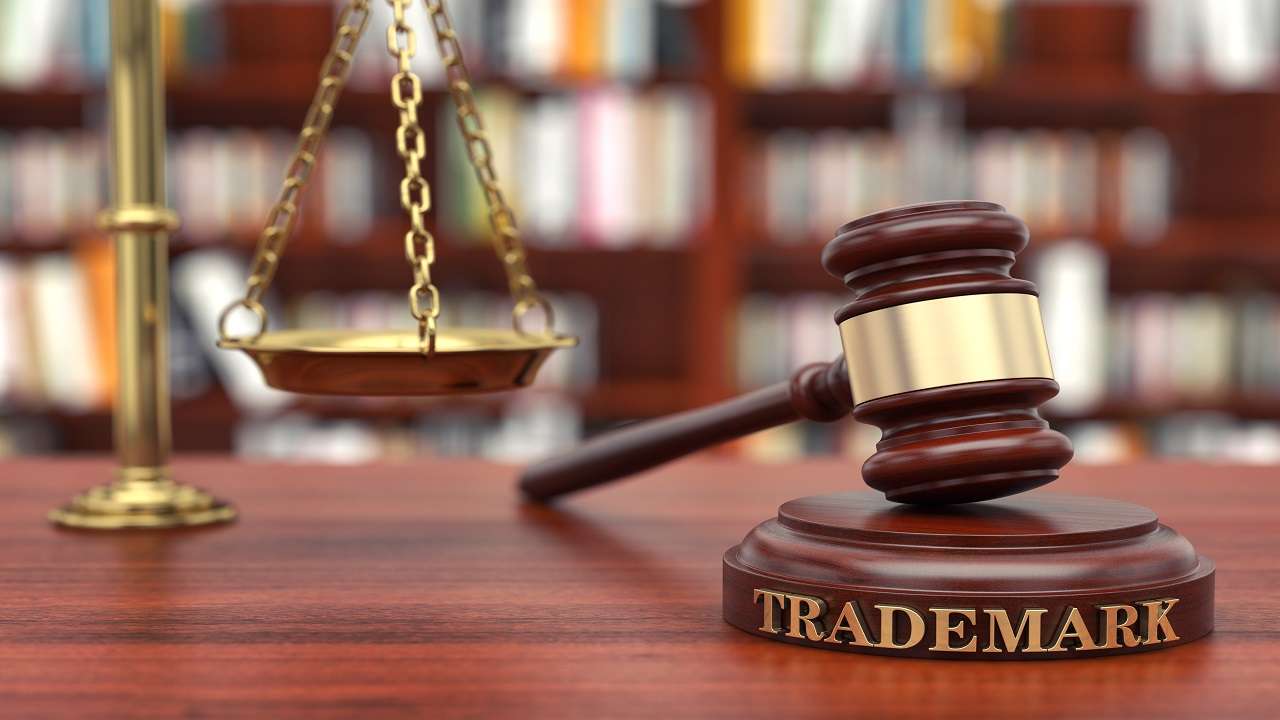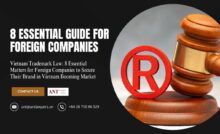Effectiveness of a Lawsuit against Infringement of IP in Vietnam


Should IP holders handle with the infringement through litigation?
How to handle effectively with infringement is a big concern of Intellectual Property (IP) holders. Should the IP holder file a lawsuit at Court? Is this way effective in Vietnam? Should the IP enforcement law firm in Vietnam be helpful? This article will give you general information about handling of intellectual property disputes through legal action at court in Vietnam.


Should IP holders handle with the infringement through litigation?
Unlike many countries in the world, in case of infringement, most IP holders proceed with lawsuits in the courts (judicial authorities), while other administrative agencies only perform measures to ensure enforcement of judgments of the court.
Protection of IP rights through the litigation has many advantages over administrative measures because it guarantees the enforcement and compensation from infringers. However, in our opinions, the practice of resolving IP rights disputes in courts is not as effective as administrative measures in Vietnam.
Vietnamese laws have not given separate regulations on procedures for settling IP disputes. Therefore, the procedures for settling disputes shall be governed by the Law on Civil procedure. According to Clause 2 of Article 30 and Clause 1 of Article 34 of this law, disputes over intellectual property rights and technology transfer between individuals and organizations and all purposes of profit are commercial disputes to be trialed at the courts of the province.
Civil measures to the infringers upon IP right under Vietnam IP Law
According to Article 202 of the IP Law, the court could decide the following civil measures to the infringers upon IP right:
-Compelling termination of the infringement of intellectual property rights;
-Compelling public rectification and apology;
-Compelling the performance of civil obligations;
-Compelling compensation for damages;
-Compelling destruction, or distribution/ use for non-commercial purpose.
In addition, when initiating a lawsuit or during dispute at court, the IP holders may request the court to apply provisional emergency measures in order to prevent damages.
In practice, the IP holder does not proactively protect IP rights by civil measures to file a lawsuit at court. The number of cases resolved by courts is much lower than the number of cases handled by administrative measures. Specifically, the number of cases resolved by court are 177 cases from 2012 to 2015, of which 91 cases were canceled. The number of cases resolved by administrative measure is of 22,914 cases (excluding cases handled by Vietnam Customs Authority)
Figure 1: IP dispute resolution in Vietnam (2012-2015)
The reason for the above survey is that, the IP holder is less likely to resolve disputes through courts because time for dispute resolution is lengthy, the process is cumbersome and complicated, but not as effective as administrative measures. Therefore, dealing with disputes in the specialized administrations will give faster effects to the IP holders in Vietnam. IP enforcement law firm in Vietnam could help client with providing legal advice specifically on IT related matters, dispute resolutions and IP enforcement.
About ANT Lawyers, a law firm in Vietnam
We help clients overcome cultural barriers and achieve their strategic and financial outcomes, while ensuring the best interest rate protection, risk mitigation and regulatory compliance. ANT lawyers has lawyers in Ho Chi Minh city, Hanoi, and Danang, and will help customers in doing business in Vietnam.
How ANT Lawyers Could Help Your Business?
You could learn more about ANT Lawyers IP Practice or contact our IP enforcement law firm in Vietnam for advice via email ant@antlawyers.vn or call our office at (+84) 24 730 86 529
Recent Posts
7 Essential Truths to Open an Indirect Investment Account in Vietnam and Grow with Confidence
Do you want to invest overseas into Vietnam? Do you want to open an indirect…
5 Crucial Facts About ESG Laws in Vietnam That Could Save Your Business and Reputation
The Business World Is Changing Fast Rules are shifting. Expectations are rising. Eyes are watching. …
7 Powerful Reasons Why ESG Compliance in Vietnam Will Win You Trust, Growth, and Global Clients
Trust matters. Today, more than ever. Across industries, many companies are now being asked. directly…
7 Bold Reasons Why Tokenization in Vietnam Could Transform Your Future
Change is coming. Quietly. Digitally. Rapidly. Let’s imagine the situation, which assets are no longer…
Vietnam P2P Lending: 5 Bold Reasons Why Decree 94/2025 Could Empower Millions or Backfire?
A New Financial Chapter Begins in Vietnam One person lends. Another borrows. It’s that simple.…
5 Essential Lessons from Risk Management in Digital Assets in Vietnam: Protecting Trust in a Digital World
Trust Is the Real Currency Money can be lost. Tokens can vanish. Platforms can crash.…





